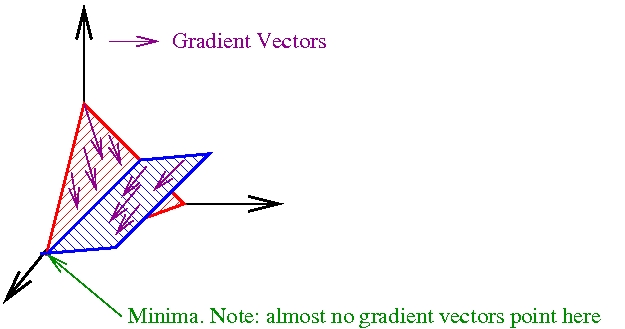The Second Annual Reinforcement Learning Competition is about to get started. The aim of the competition is to facilitate direct comparisons between various learning methods on important and realistic domains. This year’s event will feature well-known benchmark domains as well as more challenging problems of real-world complexity, such as helicopter control and robot soccer keepaway.
The competition begins on November 1st, 2007 when training software is released. Results must be submitted by July 1st, 2008. The competition will culminate in an event at ICML-08 in Helsinki, Finland, at which the winners will be announced.
For more information, visit the competition website.
